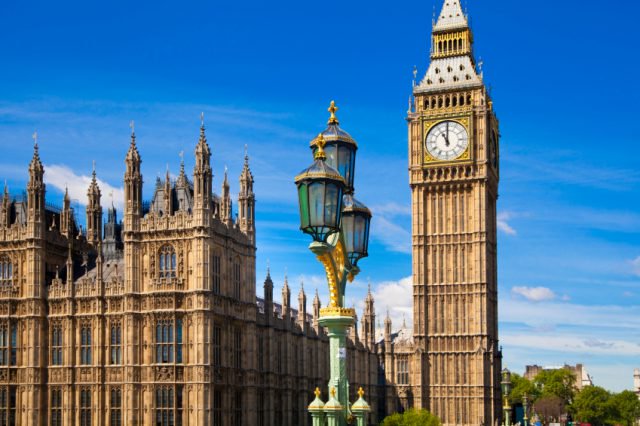Landlord Ordered to Repay £39,000 in Housing Benefit

Landlord Ordered to Repay £39,000 in Housing Benefit
A buy-to-let landlord who failed to obtain a license for a House in Multiple Occupation (HMO) in London has been ordered to repay £39,000 in housing benefit, following action taken by Islington Council.
The council ordered Landhouse Ltd, which rented out the HMO, to repay the money it had paid in housing benefit, after the firm admitted to letting the property without the correct HMO license.
Islington Council’s environmental health officers had conducted an inspection of the property, finding it to be overcrowded and badly managed. In addition, fire hazards were uncovered throughout the property.
In a hearing at the Property Chamber – the First-tier Tribunal for London Residential Property – the landlord was ordered to pay £14,140 in fines and costs, as well as repay the council £39,022.52 in the housing benefit claimed during the period when the property was rented without a license.
Landhouse Ltd has now applied for a license, but is still liable to repay the benefit, which will be returned to a central Government housing benefit consolidation fund.
Councillor Diarmaid Ward, Islington Council’s Executive Member for Housing and Development, comments on the case: “More and more people rent privately in Islington, and we’re committed to helping make sure they have decent homes to live in. We will take action when landlords do not keep within the law, and, as this case shows, the costs can be very significant.”
If you rent out a HMO, be aware that you are required to obtain a license from the local council. The Government has made it incredibly easy for landlords to gain a license for their property – simply enter the postcode of the property you require a license for at: https://www.gov.uk/house-in-multiple-occupation-licence
To avoid facing hefty fines and even imprisonment, remember to stick to the law governing the private rental sector. Signing up for free access to our handy guides will ensure that you have all the information you need: /guides/






